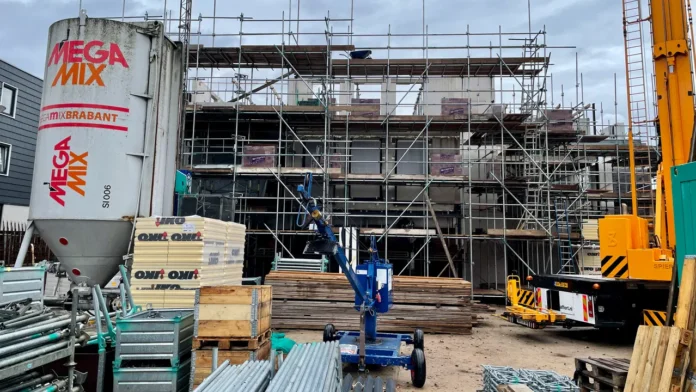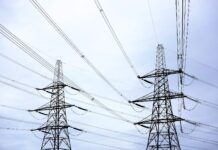Eindhoven has a huge construction task and needs to build thousands of homes in the coming years. At the same time, economic conditions are extremely bad. Housing associations say politicians need to act.
“On the one hand, the housing shortage is huge, and we have to build a lot to give all those people a new home,” says Luc Severijnen of Thuis, who first raised the alarm about this a few days ago. “But on the other hand, the problems are piling up and I don’t see any breakthroughs at the moment to build housing faster with those problems.”
“We need breakthroughs on several files. I would like to go and find those breakthroughs but that requires political will. We need to give housing associations more financial space. But we also need more courage in the area of spatial planning: too bad if then not everyone agrees, but it has to happen.”
Not enough
“If we keep doing what we are doing now, we can build a few hundred houses every year, but that is not enough to solve the housing shortage within a decade or so. While we did set that as a common goal,” Severijnen says.
Sererijnen believes that is the reason why a radical change is needed. “There is no one solution that will make everything better. We need to make procedures faster. We have to do something about participation rights, we have to do something about the financial position of housing associations. We also need to look at how many requirements we are going to impose on new buildings, and how big they should be. And should we keep the same land price?” asks Severijnen aloud.
Objection
“I think it’s very good that in the Netherlands we let everyone have a say. But now anyone with a relatively minor objection can stop a new-build project for years and I don’t think we’re going to make it with that.”
Making the necessary changes does require help from The Hague, the director observes. “Nobody can radically intervene and say: now we are going to do things differently. But for that, we also need a new cabinet.”
Financial limits
Woonbedrijf and Wooninc. are less adamant in their wording, but also see that the financial limits of housing associations are coming into view in the longer term. “We will and can continue to build in the coming years,” says Roy Beijnsberger of Woonbedrijf. “But for us too, if we go ahead with everything as we plan, we will run into the end of our investment capacity around 2032. That’s why we want efforts to be made to reduce the tax burden, interest rates, construction costs, and land prices,” he echoes.
Wooninc. also concurs with those words. “Based on the current numbers, Wooninc. and Stayinc. would run into financial limits in 2028 and would therefore not be able to realise the full ambition. If we want that, the costs must go down.”
Wooninc refers to the government. “There is also a role for the national and regional government here, for example by abolishing the corporate tax liability, setting national social land prices, and being able to guarantee financing of investments in the mid-rent. Shortening planning procedures will also help achieve the ambition,” Wooninc said.
Source- Studio040
Translated by Chaitali Sengupta











